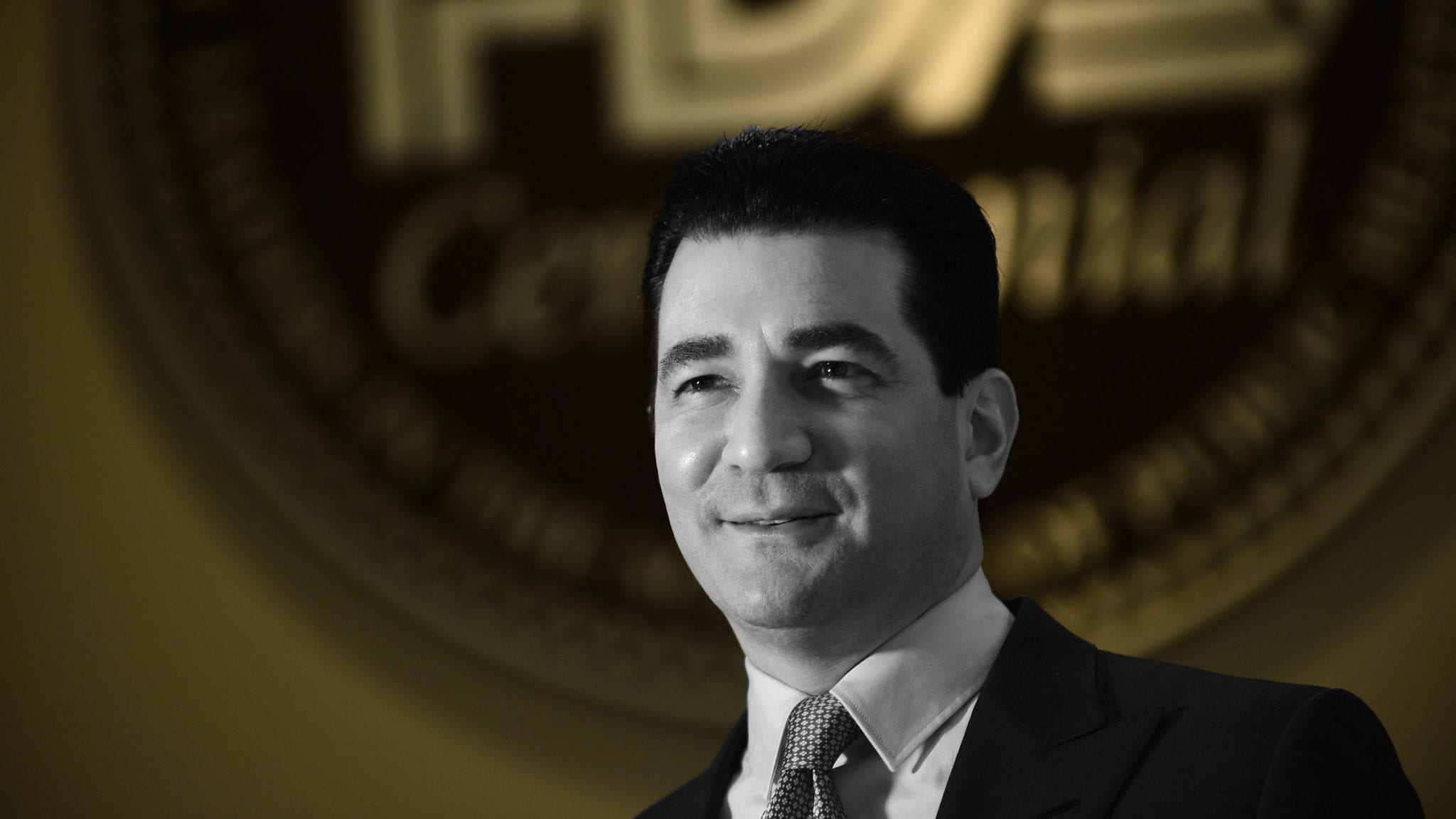
How do you replace a rock star like Scott Gottlieb at the FDA? Maybe you can't
Anyone looking for a convenient weather vane to determine the reaction to Scott Gottlieb’s abrupt departure from the FDA need go no further than the …
This article is available only to Premium subscribers
Upgrade to Premium for unlimited access and Premium exclusives.